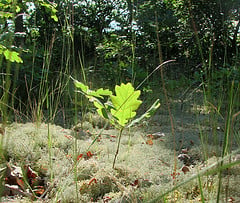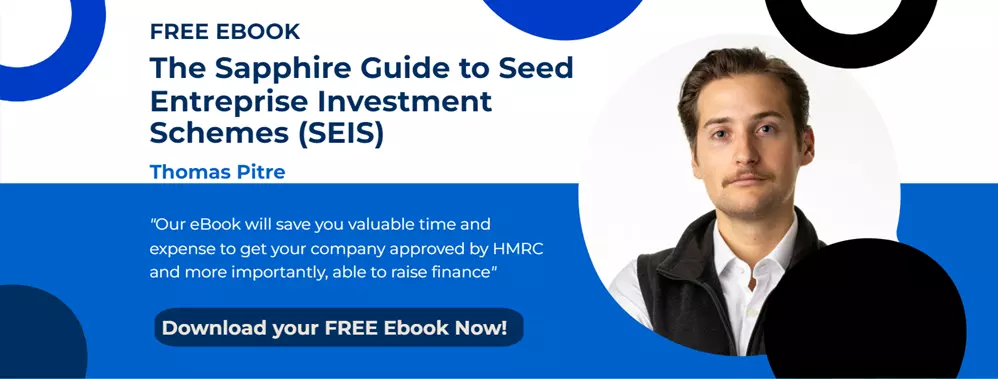
The Seed Enterprise Investment Scheme (“SEIS”) is a government plan which was put in place to aid small companies which are at the beginning of their business life. The SEIS aims to raise equity by providing a number of tax reliefs to investors who purchase new shares in those companies. Investors in a SEIS can obtain very generous tax reliefs such as 50% income tax relief, capital gains tax relief and 100% inheritance tax relief after two years. The Seed EIS applies to shares issued on or after the 6 April 2012. The Seed EIS scheme rules have been appropriately designed to coincide with those of the EIS so that companies can use EIS after the initial investment under Seed EIS (If you would like to learn more about the differences between SEIS and EIS tax reliefs - check out our infographic blog article on SEIS versus EIS - a visual comparison).
SEIS Scheme Rules – How does a company qualify?
For its investors to be able to claim and keep the Seed EIS tax reliefs relating to their shares, the company which issues the shares has to adhere to a number of Seed EIS scheme rules. Some Seed EIS scheme rules only apply at the time the relevant shares are issued. Other Seed EIS scheme rules must be met continuously, either for the whole of the period from date of incorporation to the third anniversary of the date of issue of the shares, or in some cases, from date of issue of the shares to the third anniversary of their issue. If the company fails to meet one or more of the conditions, investors may have their tax relief withdrawn.
Company requirements to be met at the time of issue of the SEIS shares:
-
No more than 25 employees.
-
It must have maximum £200,000 in gross assets.
-
The company is restricted as to the amount of money it may raise under SEIS – to £150,000.
-
Any trade being carried on by the company at the date of issue of the relevant shares, must be less than two years old.
-
The company must not have carried on any other trade before the new trade. That condition applies whether the trade was first begun by the company, or whether it was first begun by another person who then transferred it to the company.
-
The company does not have to have started trading when it issues the shares.
-
It must not have carried on any other trade before it started the new trade.
Requirements to be met continuously from date of incorporation:
-
The company must spend the money raised within three years of the date of the relevant share issue.
-
All the monies raised by that issue must be spent for the purposes of a qualifying business activity.
-
The qualifying business activity must be carried on either by the issuing company or by a 90% subsidiary.
Which trades qualify?
Most trades qualify, but some do not. A trade does not qualify if it consists wholly, or substantially of ‘excluded activities’. The following text is taken directly from the HMRC website:
The following activities are excluded:
- Dealing in land, in commodities or futures in shares, securities or other financial instruments.
- Dealing in goods, other than in an ordinary trade of retail or wholesale distribution.
- Financial activities such as banking, insurance, money-lending, debt-factoring, hire-purchase financing or any other financial activities.
- Leasing or letting assets on hire, except in the case of certain ship-chartering activities
- Receiving royalties or licence fees (though if these arise from the exploitation of an intangible asset which the company itself has created, that is not an excluded activity).
- Providing legal or accountancy services.
- Property development.
- Farming or market gardening.
- Holding, managing or occupying woodlands, any other forestry activities or timber production.
- Shipbuilding.
- Coal production.
- Steel production.
- Operating or managing hotels or comparable establishments or managing property used as an hotel or comparable establishment.
- Operating or managing nursing homes or residential care homes, or managing property used as a nursing home or residential care home.
- Generating or exporting electricity which will attract a Feed in Tariff, unless generated by hydro power or anaerobic digestion, or unless carried on by a community interest company, a co operative society, a community benefit society or a Northern Irish industrial and provident society
- Providing services to another person where that person’s trade consists, to a substantial extent, of excluded activities, and the person controlling that trade also controls the company providing the services.


